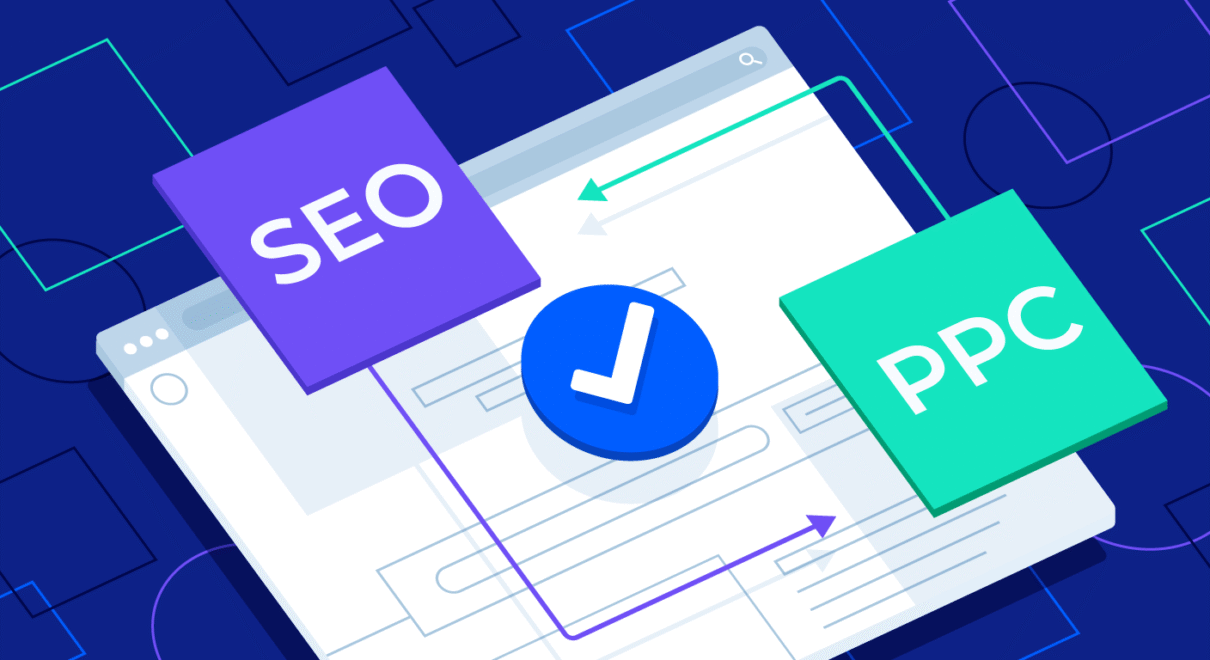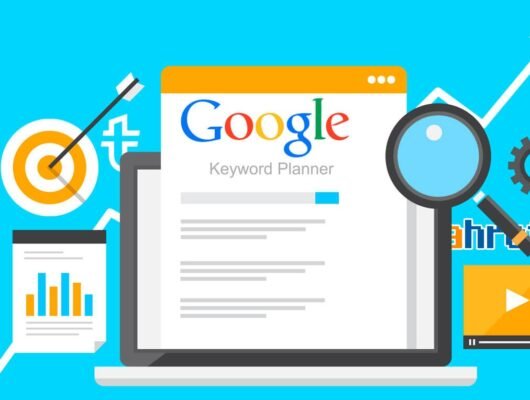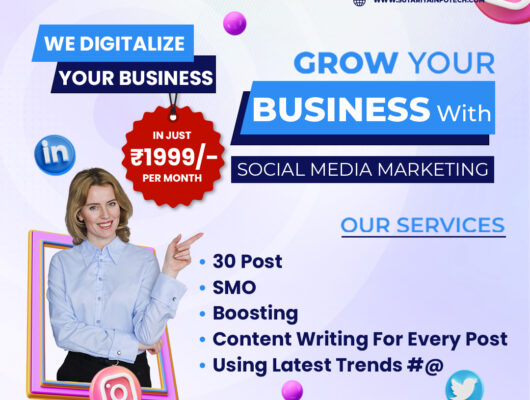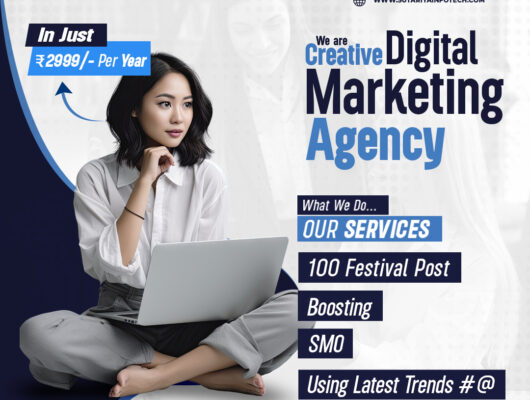Introduciton
In today’s digital-first world, showing up in front of your target audience at the right time can make or break your trade. Whether you’re running a startup, e-commerce store, or nearby benefit, getting activity to your website is essential—but how you pull in that activity can change greatly.
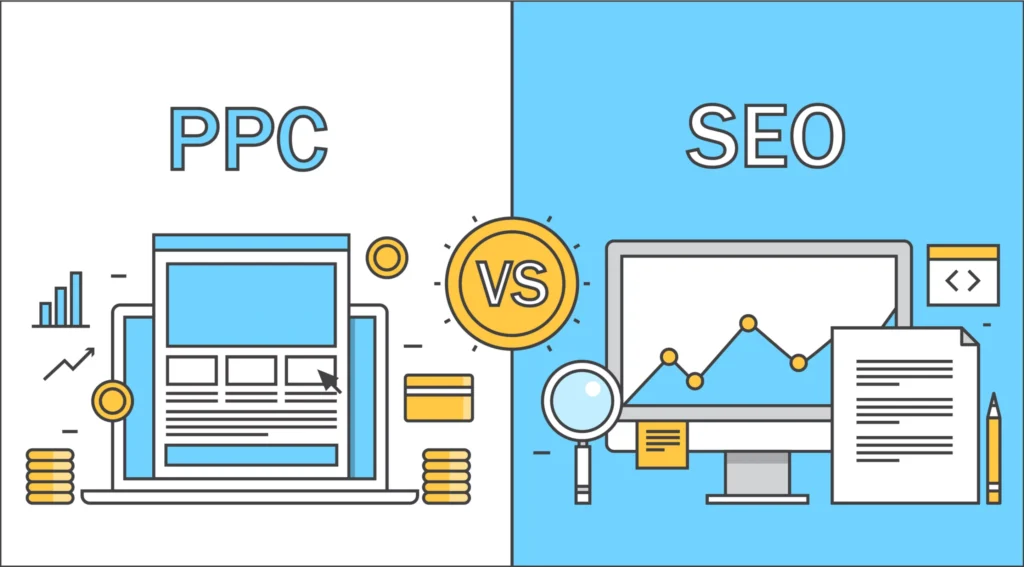
Two of the most effective techniques to drive guests to your location are Search Engine Optimization (SEO) and Pay-Per-Click (PPC) promoting. Both have their qualities, and both can provide results—but they work in fundamentally diverse ways.
So the address is: Which one is right for your business?
Should you contribute in building long-term, natural perceivability through SEO? Or ought to you use PPC to drive moment activity and quick transformations? Or maybe… is a combination of both the most intelligent move?
In this direct, we’ll break down the pros and cons of SEO and PPC, compare them side by side, and offer assistance you choose which technique adjusts best with your objectives, timeline, and budget.
What is SEO?
Search Engine Optimization (SEO) is the handle of moving forward your website so that it positions higher in search engine results—organically. In less complex terms, SEO makes a difference your trade show up when somebody searches for items, administrations, or data related to what you offer, without paying for ads.
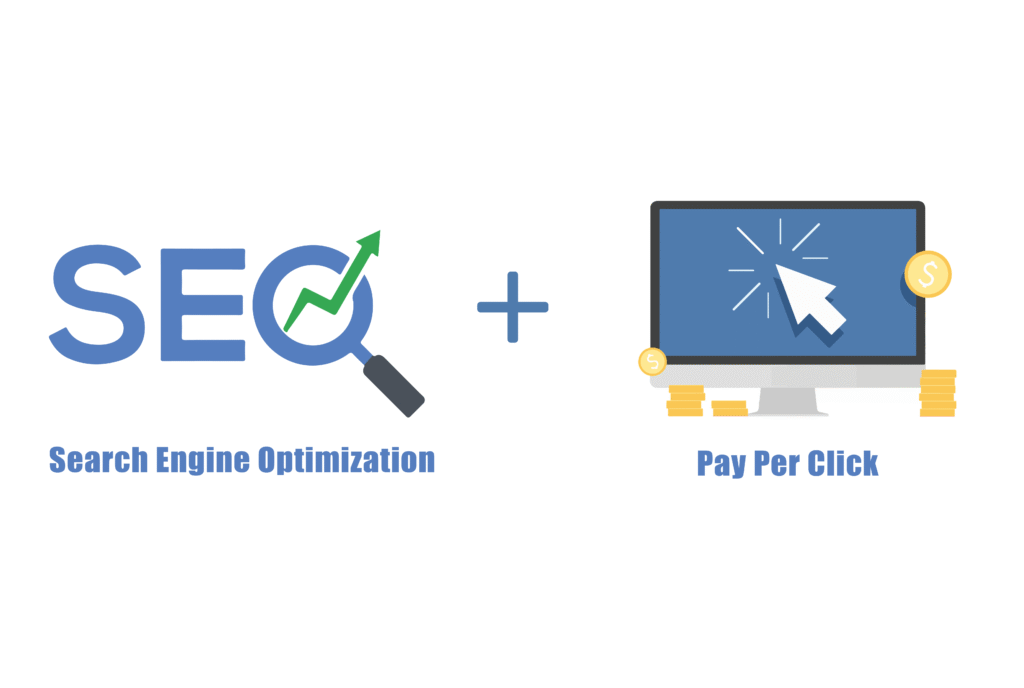
When done right, SEO can drive a relentless stream of high-quality activity to your location. But it’s not a speedy fix—it’s a long-term speculation that builds believe and specialist over time.
- Benefits of SEO:
- Long-term traffic
- Cost-effectiveness over time
- Builds brand authority
- Drawbacks:
- Takes time to see results
- Requires consistent effort
What is PPC?
Pay-Per-Click (PPC) is a frame of online advertising where you pay each time somebody clicks on your advertisement. These advertisements regularly show up at the best of search engine comes about (over the organic postings) or over different stages like Google, YouTube, Facebook, Instagram, and more.
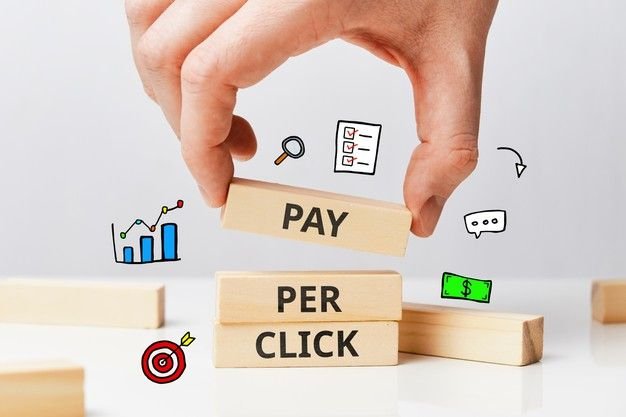
With PPC, you’re basically buying visibility—and when done deliberately, that perceivability can turn into leads, deals, or sign-ups exceptionally rapidly.
How Does PPC Work?
You make an advertisement campaign focusing on particular keywords, interface, or socioeconomics. When a client searches for those terms (or fits your focusing on), your advertisement shows up. If they press on it, you’re charged a fee—hence the title pay-per-click.
For example, if you offered on the keyword “best digital marketing agency,” and somebody searches that term, your advertisement may appear up at the best of the search page. If they press your advertisement, you might pay $1–$5 or more, depending on the competition.
Popular PPC platforms include:
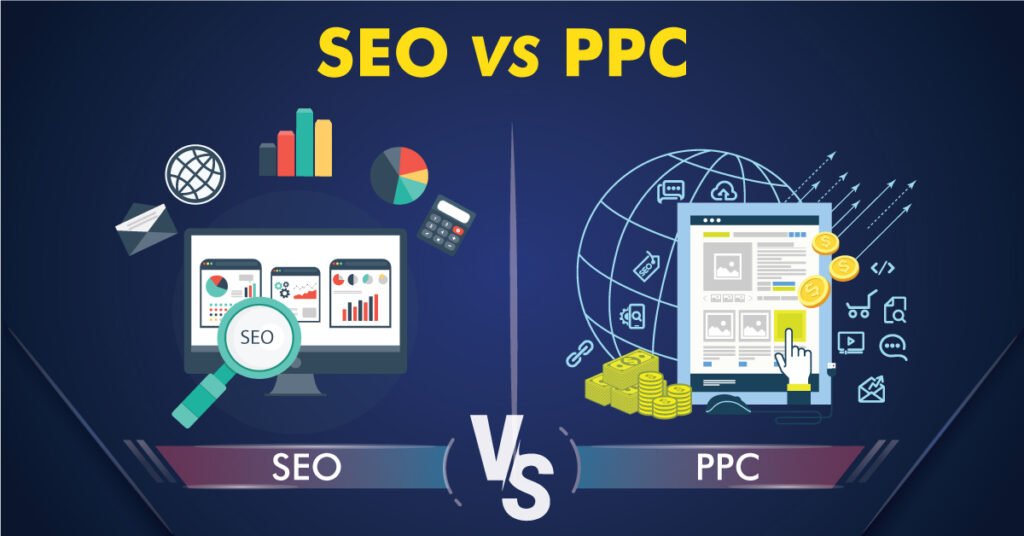
- Google Ads (Search, Display, YouTube)
- Meta Ads (Facebook, Instagram)
- LinkedIn Ads (for B2B)
- Bing Ads and others
SEO vs. PPC: Side-by-Side Comparison Table
Cost:
- SEO: No cost per click, but requires time and exertion to optimize content
- PPC: You pay for each click; it can get costly depending on the competition
Time to See Results:
- SEO: Takes time (more often than not 3–6 months or more)
- PPC: Comes about can be moment once the campaign goes live
How Long It Lasts:
- SEO: Long-lasting results if maintained
- PPC: As it were lasts as long as you keep paying
Traffic Quality:
- SEO: Regularly higher quality – clients believe natural results more
- PPC: Great quality, particularly with appropriate focusing on, but can incorporate less qualified clicks
Click-Through Rate (CTR):
- SEO: Regularly higher, as clients believe organic listings
- PPC: Somewhat lower due to the “Ad” label
Conversions:
- SEO: Great for people researching or looking for long-term solutions
- PPC: Amazing for item dispatches, sales, or time-sensitive offers
Trust & Credibility:
- SEO: Builds believe over time
- PPC: A few clients may skip advertisements, but viable with solid advertisement copy
Targeting Options:
- SEO: Restricted control over who sees your content
- PPC: Full control over audience focusing on (age, location, device, etc.)
Best Used For:
- SEO: Long-term perceivability and brand growth
- PPC: Fast traffic, modern offers, or short-term promotions
When to Choose SEO
- Ideal for businesses with a long-term growth plan.
- Great for content-heavy niches (blogs, education, services).
- Perfect for smaller budgets with time to invest.
When to Choose PPC
- Best for new product launches or time-sensitive campaigns.
- Works well when targeting high-converting keywords.
- Great for businesses that need fast results.
Can You Combine SEO and PPC?
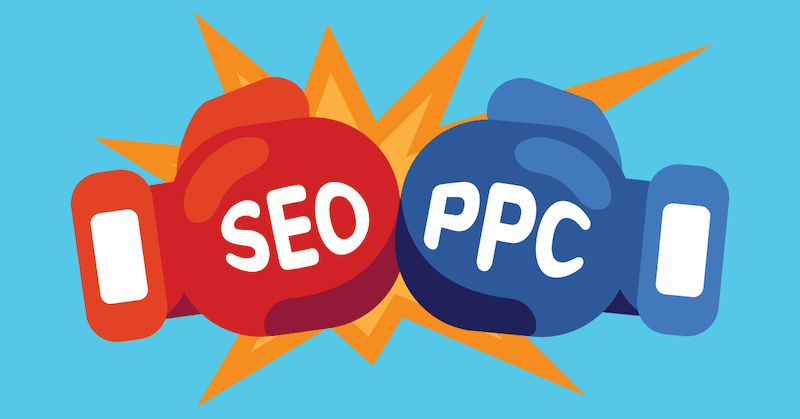
1. More Perceivability in Search Results:
When your site positions naturally and appears up in paid advertisements, you overwhelm the search results. This increments your chances of getting clicked and builds brand awareness.
2. Shared Keyword Data:
PPC campaigns give quick experiences into which keywords drive the most activity and changes. You can utilize that information to progress your SEO technique and target the right keywords more effectively.
3. Retargeting Opportunities:
You can utilize PPC advertisements to retarget guests who to begin with found you through natural search. This helps bring back potential clients who didn’t change over the to begin with time.
4. Test Before You Invest Long-Term:
With PPC, you can rapidly test what features, keywords, and offers work best. At that point, apply the effective ones to your long-term SEO strategy.
5. Covers All Stages of the Funnel:
- SEO is awesome for top-of-funnel activity (individuals doing research)
- PPC is perfect for bottom-of-funnel (people prepared to buy)
Together, they direct clients from mindfulness to transformation.
Real-World Scenarios/Use Cases
Still not sure whether to go with SEO, PPC, or both? Here are a few real-life examples to help you choose based on distinctive trade needs:
Scenario 1: A Local Trade with a Little Budget
A nearby pastry shop needs to get more foot activity and construct a long-term online presence.
Best Choice: SEO
Why? Because SEO can offer assistance the pastry shop appear in nearby search results (like “bakery close me”) without progressing advertisement spend. It’s a keen move for long-term perceivability and building believe in the community.
Scenario 2: An E-Commerce Store Launching a New Product
An online store is launching a new item and needs quick sales.
Best Choice: PPC
Why? PPC can get quick presentation by focusing on the right audience with shopping advertisements or search advertisements. It’s culminate for creating fast activity and testing interest.
Scenario 3: A Startup with No Online Presence Yet
A brand-new trade needs to construct activity rapidly and build up validity online.
Best Choice: SEO + PPC Combo
Why? Utilize PPC to drive quick activity whereas SEO is being created in the foundation. This gives the trade early force whereas moreover working toward long-term growth.
Scenario 4: A Seasonal Trade Advancing a Time-Limited Offer
A travel office is running a limited-time holiday package promo.
Best Choice: PPC
Why? Because PPC can advance the offer immediately and reach potential clients when timing things most.
Scenario 5: A Blog or Info-Based Website Monetizing Through Content
A blog wins pay through associate links and advertisements, and needs steady visitors.
Best Choice: SEO
Why? SEO helps pull in consistent activity over time by positioning for instructive keywords. This is perfect for blogs that need maintainable development without paying for each click.
Conclusion
When it comes to SEO vs. PPC, there’s no one-size-fits-all reply. Both techniques have their possess strengths—and choosing the right one depends on your objectives, timeline, and budget.
- Go with SEO if you need to construct long-term visibility, validity, and organic traffic.
- Choose PPC if you require quick results, are launching a item, or running time-sensitive campaigns.
- Use both if you need the best of both worlds—quick wins with PPC whereas building a solid, maintainable SEO foundation.
The most intelligent businesses don’t select one over the other—they learn how to use both deliberately to maximize development.


